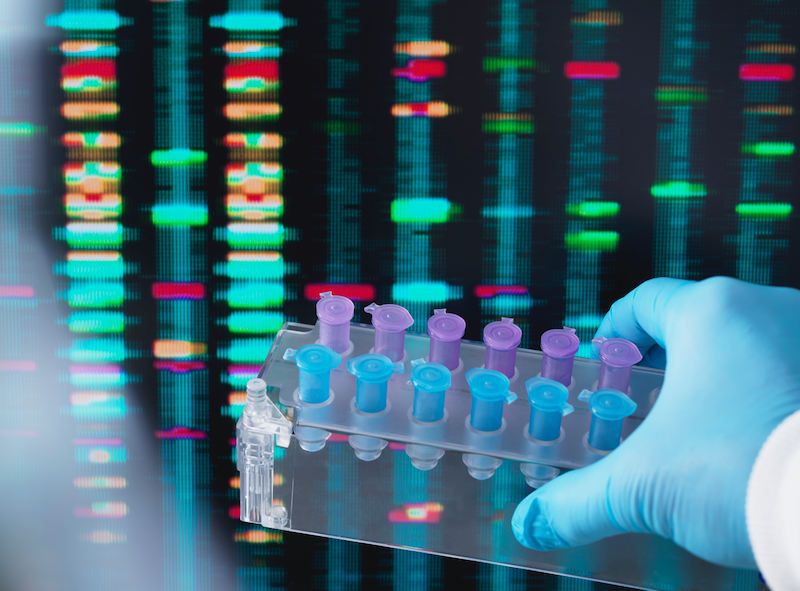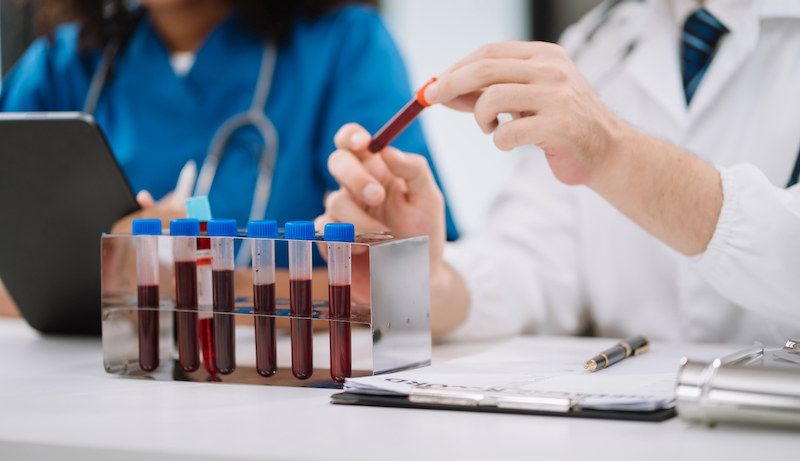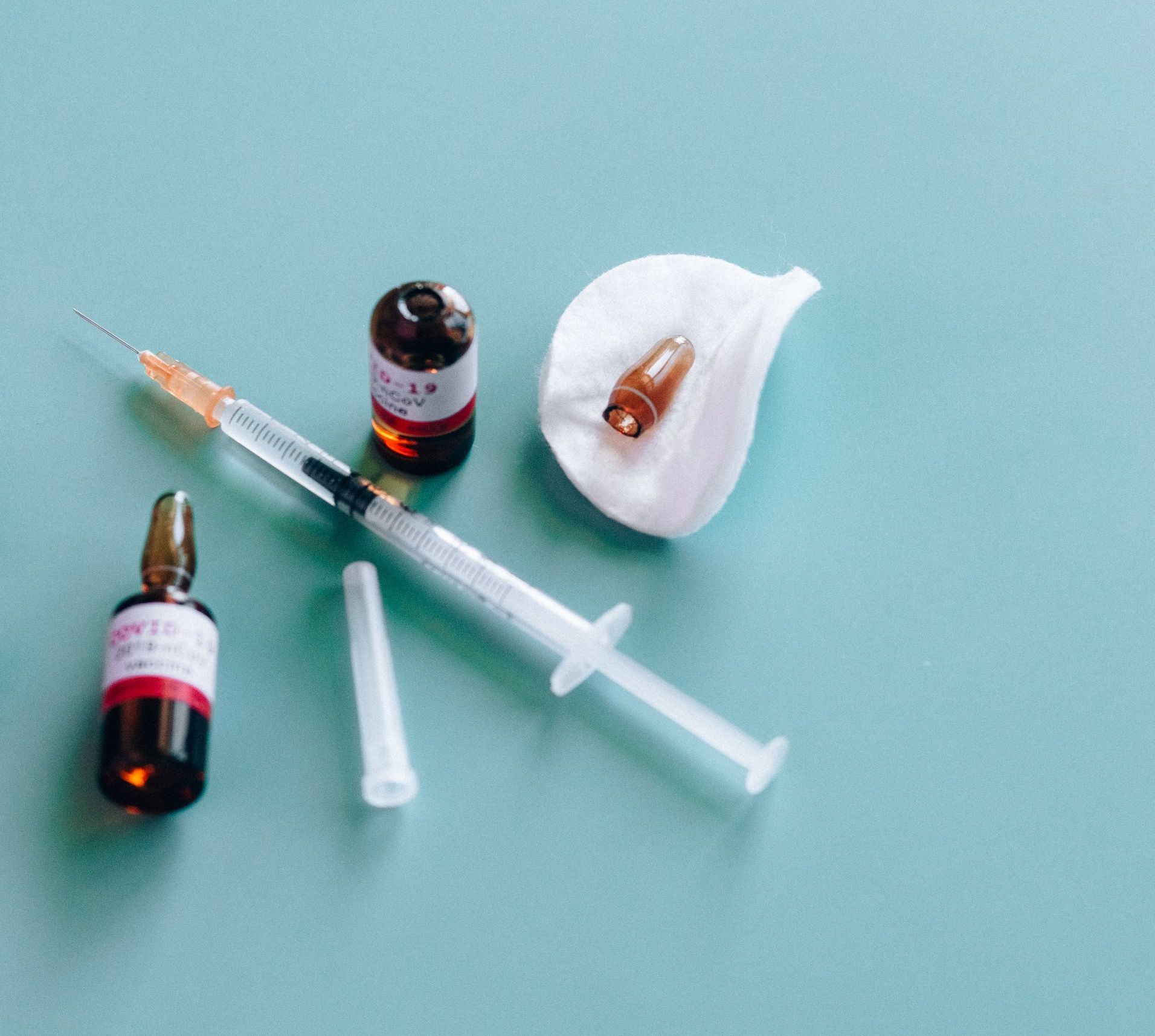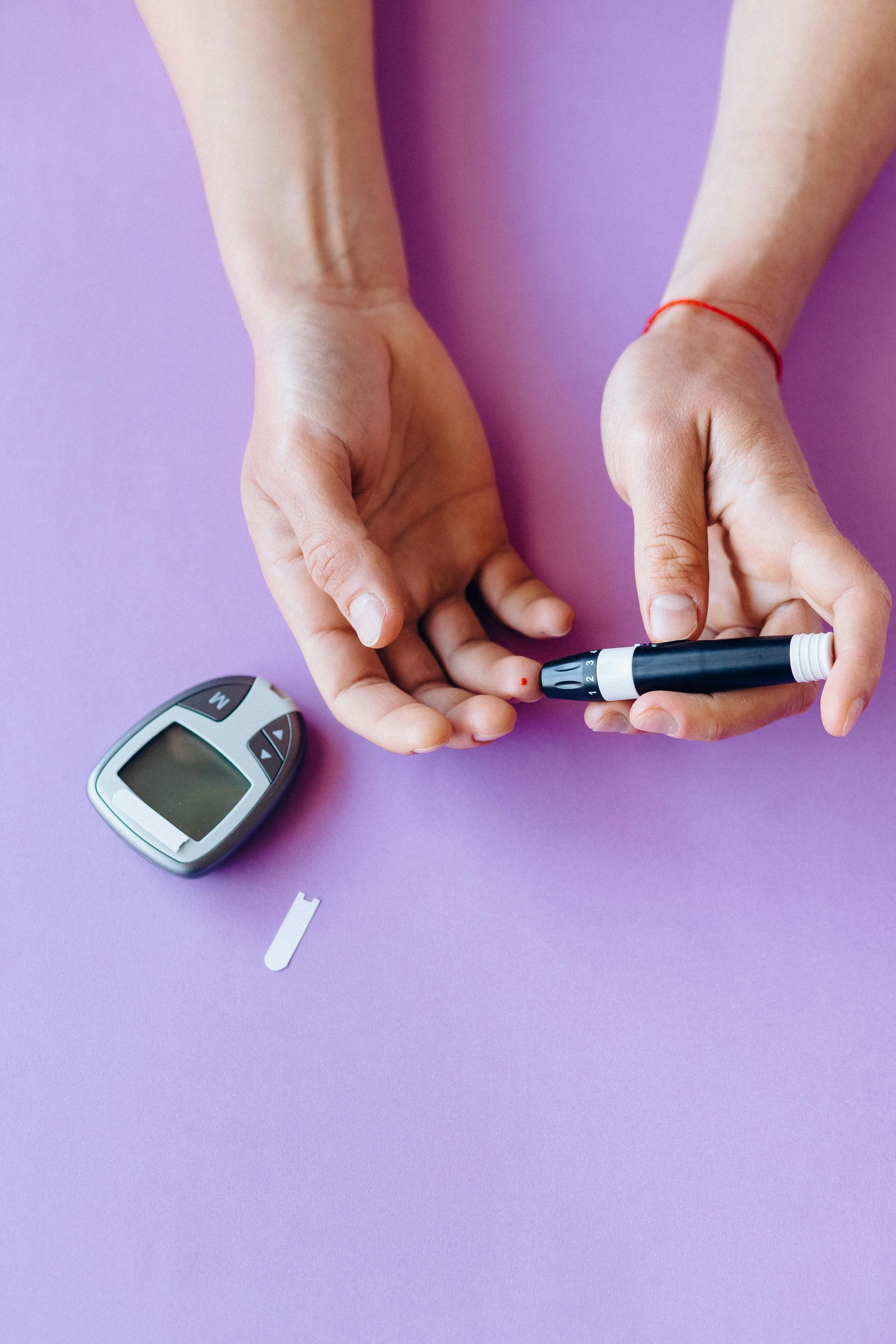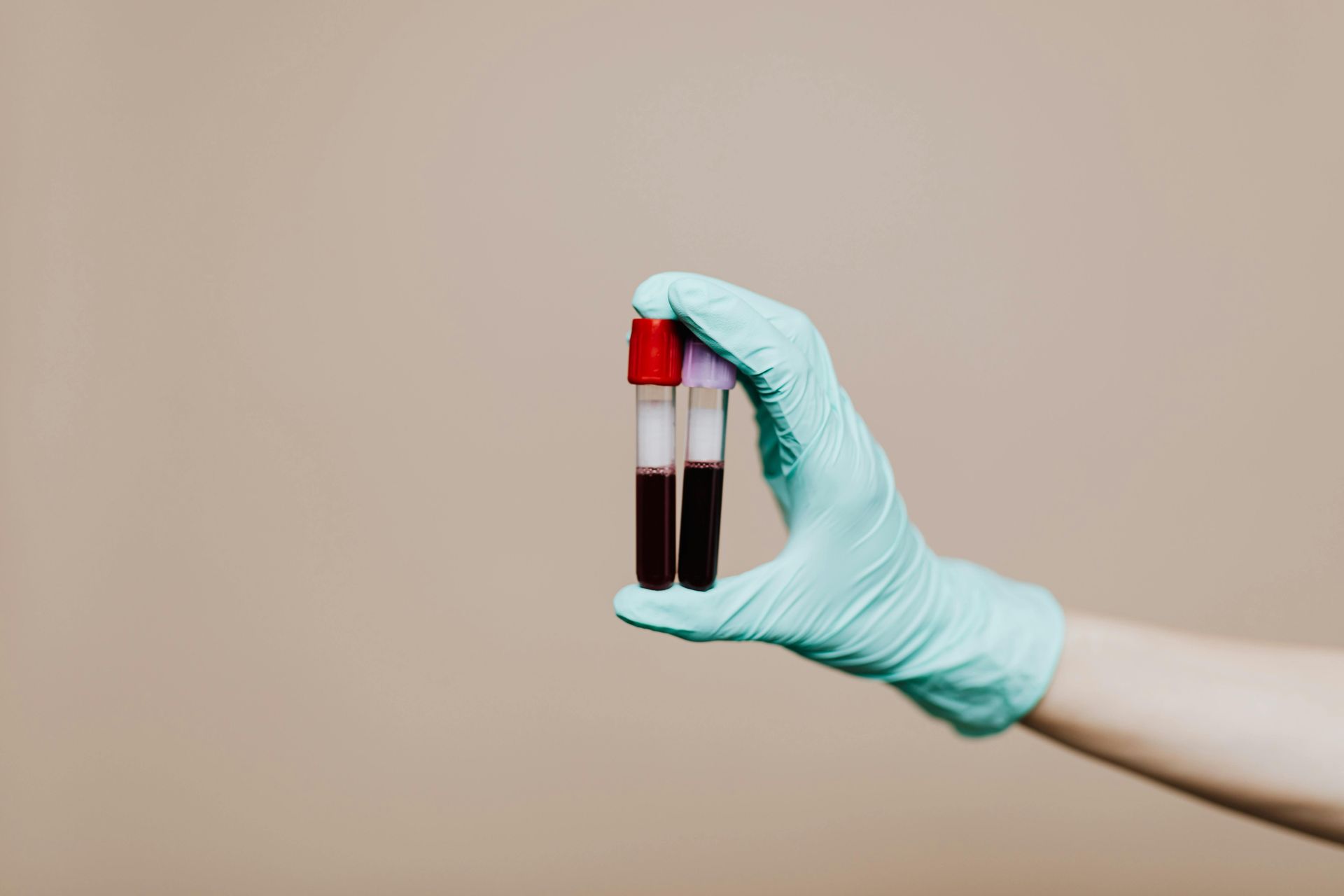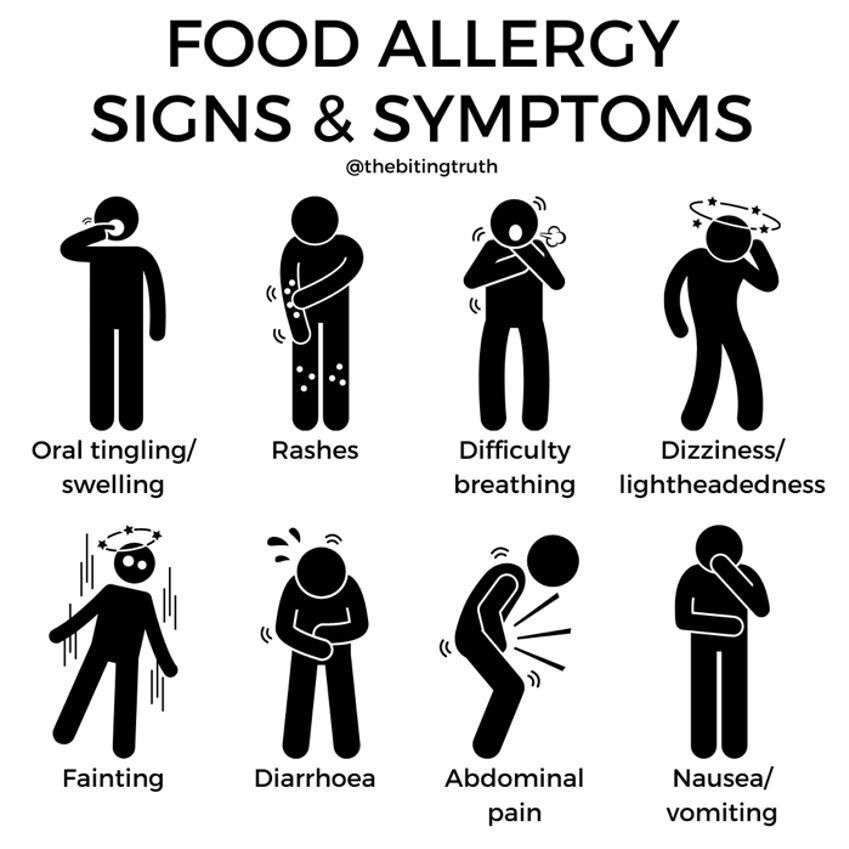Blood Tests Step-by-Step Guide to Prepare for Medical Testing
A Step-by-Step Guide to Prepare for Medical Testing at Care Lab
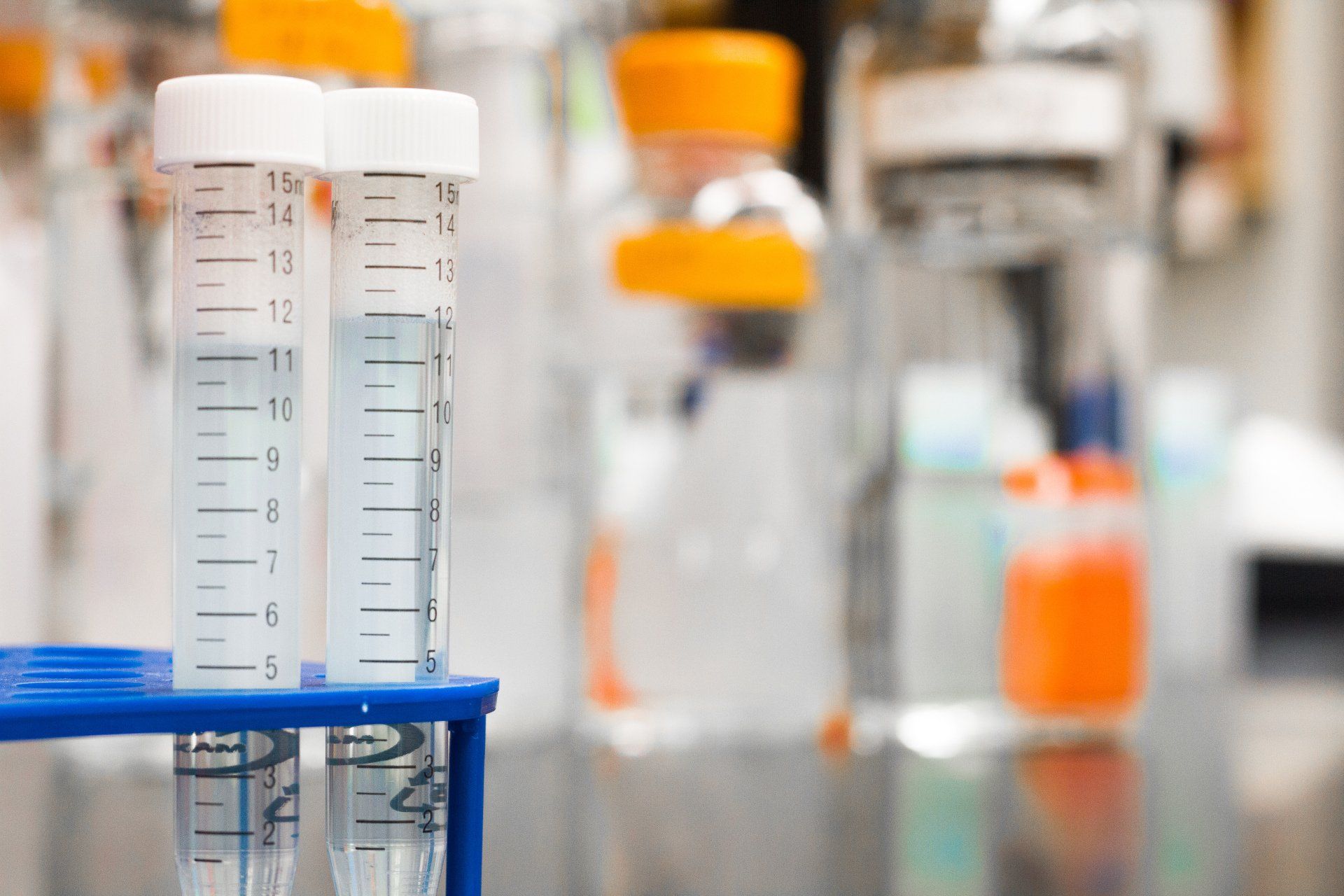
Visited your doctor lately and received a referral for some medical tests? Wondering what happens next? We frequently receive this question from our patients at Care Lab. Your first step is to decide where you're going to undertake your tests. While some doctors may recommend a specific lab, the ultimate choice is yours.
In choosing a lab, there are several aspects to keep in mind, such as:
- Accessibility and location
- Quality of customer service
- Accuracy of testing and lab certification
- Time taken to deliver results
Once you've selected Care Lab for your tests, we recommend contacting us to understand the specific requirements for your testing. Some tests can be influenced by factors like medication, meal times, and others may even necessitate a few hours of your time at the lab. This information is vital to help you get ready for your appointment and ensure the most precise reflection of your health status, which then guides your physician in outlining the right treatment plan.
It's also important to know that Care Lab operates on both an appointment and walk-in basis. Book in advance if necessary, but rest assured that we facilitate walk-ins as long as you have met all the testing requirements. It's always a good idea to confirm just to be certain.
With your lab chosen and your appointment set, you're all prepared for the blood draw! Here are some helpful tips for a seamless process:
- Set a reminder for your appointment.
- Don't leave your referral behind.
- The blood draw is a quick prick and usually doesn't need pain relief. However, if you're concerned about discomfort, you can obtain a topical lidocaine from your local pharmacy and request the phlebotomist to apply it.
- Avoid drinking alcohol for at least 24 hours before the test.
- If instructed, fast for 8-12 hours prior to your blood draw.
- Continue prescribed medications unless otherwise advised.
- Hydrate well before the test.
Did you find our blog post useful? Follow us on Facebook and Instagram for more handy tips on medical testing and health conditions.
Our recent posts
